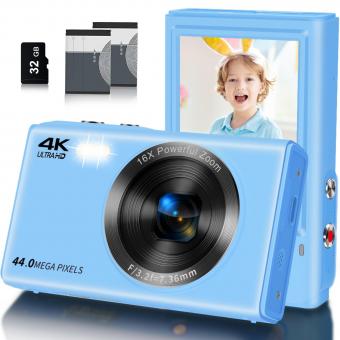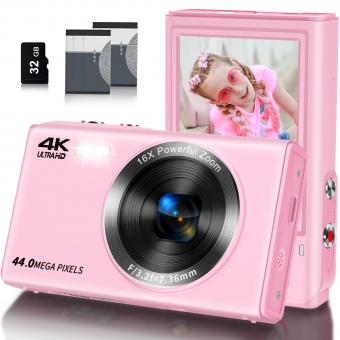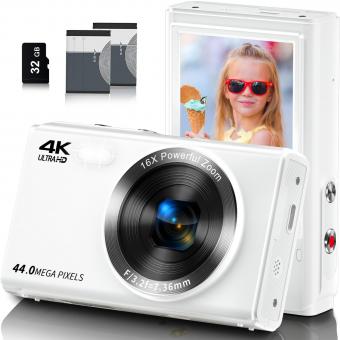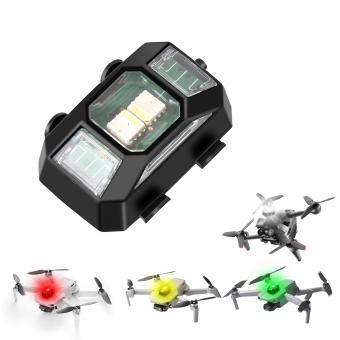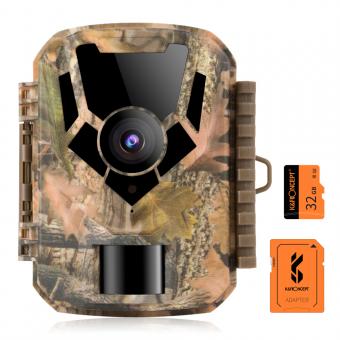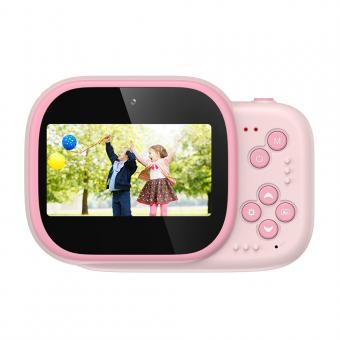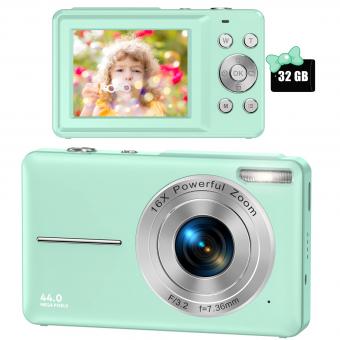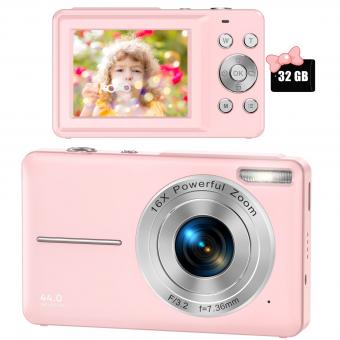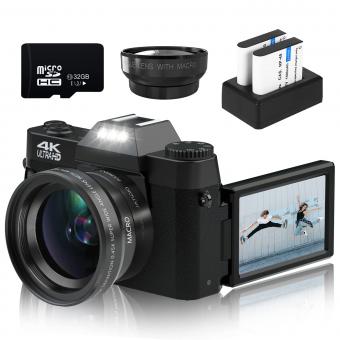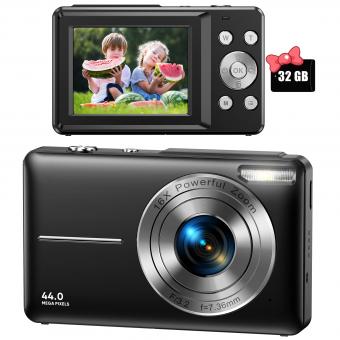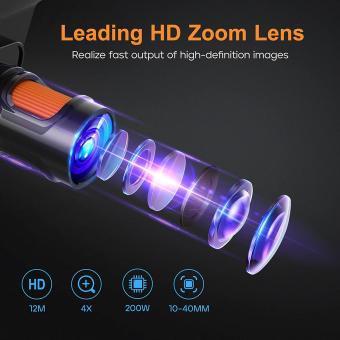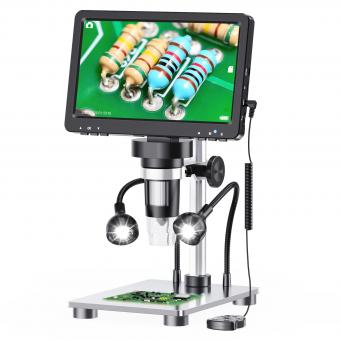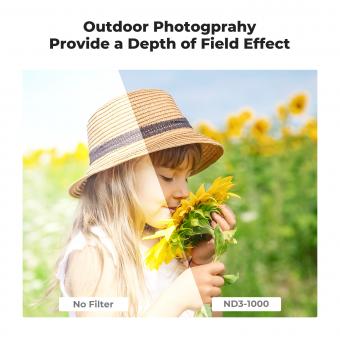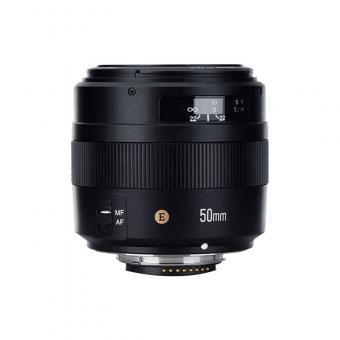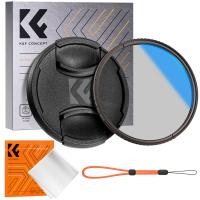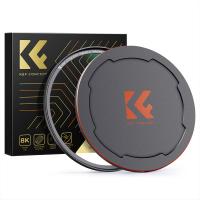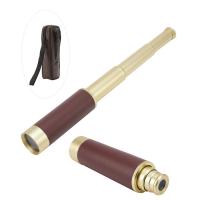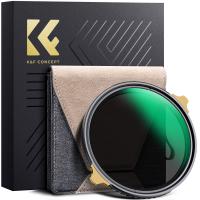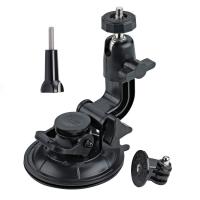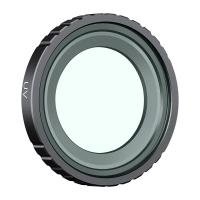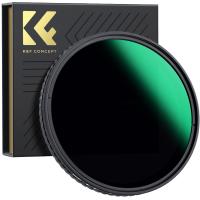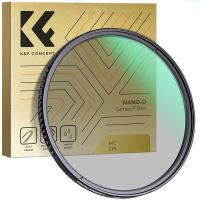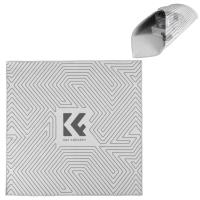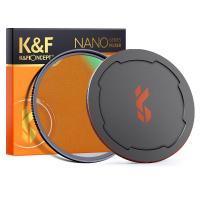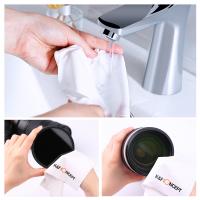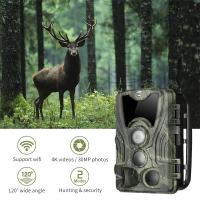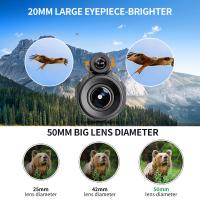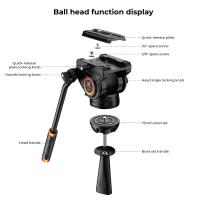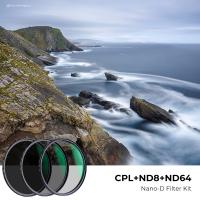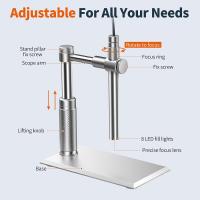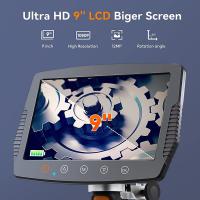How Long Do Digital Camera Sensors Last?
Digital camera sensors can last for many years with proper care and usage. The lifespan of a digital camera sensor can vary depending on the type of sensor, the frequency of use, and the conditions in which it is used. In general, with regular maintenance and careful handling, a digital camera sensor can last for tens of thousands of shutter actuations. However, it's important to note that individual experiences may vary, and factors such as environmental conditions and manufacturing quality can also impact the longevity of a camera sensor.
1、 Sensor Technology Evolution

The lifespan of digital camera sensors can vary depending on usage, environmental factors, and technological advancements. Generally, digital camera sensors can last for several years with proper care and maintenance. However, as sensor technology evolves, newer and more advanced sensors are constantly being developed, leading to improvements in image quality, low-light performance, and overall durability.
Sensor Technology Evolution:
In recent years, there have been significant advancements in sensor technology, particularly in the development of backside-illuminated (BSI) sensors, which have improved the light-gathering capabilities of sensors, resulting in better low-light performance and reduced noise in images. Additionally, the introduction of stacked CMOS sensors has allowed for faster readout speeds and improved data processing, leading to enhanced performance in high-speed photography and video recording.
The latest point of view:
The latest point of view on sensor technology evolution emphasizes the continued development of larger sensor formats, such as full-frame and medium format sensors, which offer higher resolution and improved dynamic range. Furthermore, advancements in sensor design and manufacturing processes have led to the development of sensors with improved heat dissipation and reduced power consumption, contributing to longer sensor lifespans and better overall reliability.
In conclusion, while the lifespan of digital camera sensors can vary, ongoing advancements in sensor technology continue to drive improvements in image quality, performance, and longevity. As sensor technology evolves, photographers and consumers can expect to see further enhancements in sensor capabilities, contributing to the overall longevity and quality of digital camera sensors.
2、 Sensor Degradation Factors

The lifespan of digital camera sensors can vary depending on several factors. Generally, digital camera sensors can last for many years if they are well-maintained and not subjected to extreme conditions. However, over time, sensor degradation can occur, leading to a decrease in image quality.
Sensor degradation factors include exposure to high temperatures, humidity, dust, and physical damage. High temperatures can cause the sensor to degrade more quickly, while humidity and dust can lead to the accumulation of particles on the sensor, affecting image quality. Physical damage, such as impact or scratches, can also contribute to sensor degradation.
The latest point of view on sensor degradation factors emphasizes the importance of proper maintenance and care to prolong the lifespan of digital camera sensors. Regular sensor cleaning, using appropriate tools and techniques, can help prevent the accumulation of dust and debris. Additionally, storing the camera in a cool, dry environment when not in use can help minimize the impact of temperature and humidity on sensor degradation.
It's important to note that advancements in sensor technology and manufacturing processes have led to more durable sensors with improved resistance to degradation factors. However, it's still essential to be mindful of environmental conditions and handle the camera with care to ensure the longevity of the sensor.
In conclusion, while there is no definitive lifespan for digital camera sensors, proper maintenance and protection from degradation factors can help extend their usability. With the latest advancements in sensor technology, photographers can expect sensors to last for many years with the right care and attention.
3、 Average Sensor Lifespan

The lifespan of digital camera sensors can vary depending on usage, care, and technological advancements. On average, digital camera sensors can last for several years before showing signs of degradation. However, it's important to note that the concept of "sensor lifespan" is not as straightforward as it may seem.
The term "sensor lifespan" is often used to refer to the point at which a sensor starts to exhibit noticeable degradation in image quality, such as increased noise or reduced dynamic range. In this context, the lifespan of a sensor can be influenced by factors such as the number of shutter actuations, exposure to environmental conditions, and the quality of the sensor's construction.
With advancements in sensor technology and manufacturing processes, modern digital camera sensors are generally more durable and reliable than their predecessors. Manufacturers have made significant progress in improving the longevity and performance of sensors, resulting in longer lifespans for many modern camera models.
It's worth noting that the concept of sensor lifespan is evolving as sensor technology continues to advance. As of the latest point of view, the lifespan of digital camera sensors is becoming less of a concern for most users, as the majority of sensors are capable of maintaining high image quality for many years of regular use.
In conclusion, while there is no definitive answer to the question of how long digital camera sensors last, it's safe to say that with proper care and maintenance, modern sensors can provide reliable performance for a significant period of time. As technology continues to progress, the lifespan of digital camera sensors is likely to continue improving, offering users peace of mind regarding the longevity of their equipment.
4、 Sensor Maintenance and Care
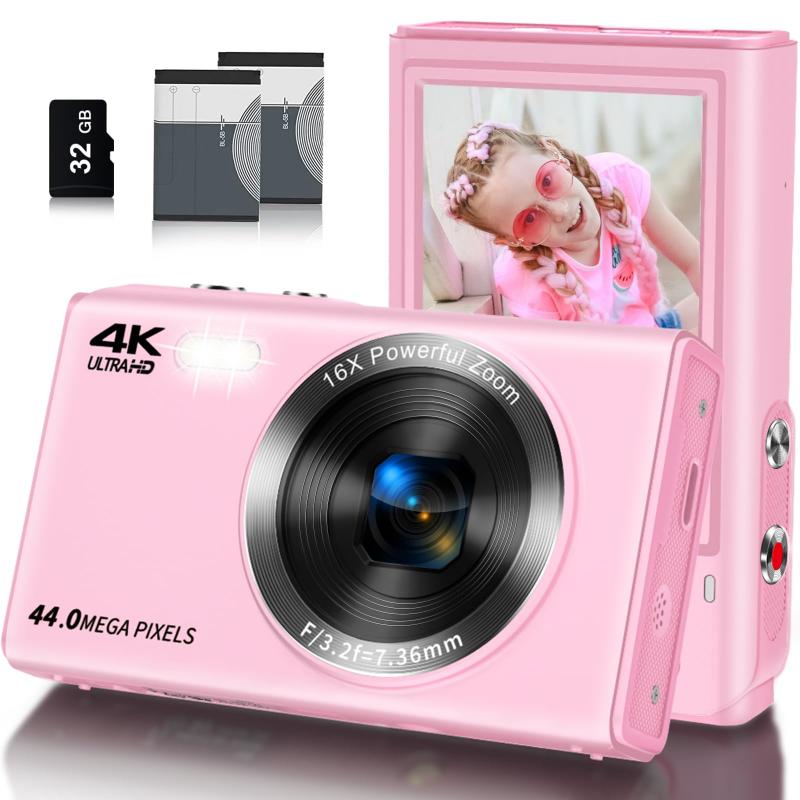
"How long do digital camera sensors last" is a common question among photographers and camera enthusiasts. The lifespan of a digital camera sensor can vary depending on several factors, including the quality of the sensor, how frequently it is used, and how well it is maintained.
In general, digital camera sensors can last for many years if they are well taken care of. However, over time, the sensor may start to develop issues such as dead pixels, dust spots, or other forms of degradation. This can affect the overall image quality and may require professional cleaning or even replacement of the sensor.
Sensor maintenance and care are crucial for prolonging the lifespan of a digital camera sensor. This includes regularly cleaning the sensor to remove dust and debris, using a protective filter on the lens to prevent damage to the sensor, and storing the camera in a clean and dry environment when not in use.
The latest point of view on sensor maintenance emphasizes the importance of regular sensor cleaning to ensure optimal performance. Many camera manufacturers and third-party companies offer sensor cleaning kits and services to help photographers maintain their sensors. Additionally, advancements in sensor technology have led to improved durability and resistance to environmental factors, further extending the lifespan of digital camera sensors.
In conclusion, with proper care and maintenance, digital camera sensors can last for many years. Regular cleaning and protection from environmental factors are essential for preserving the sensor's performance and image quality.

